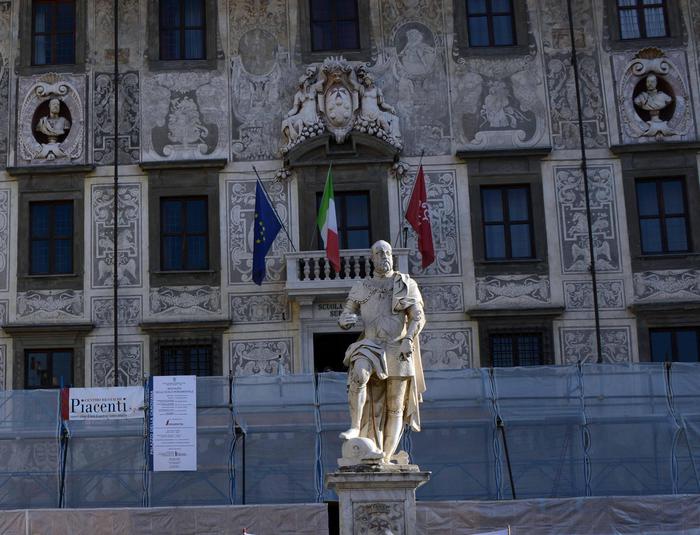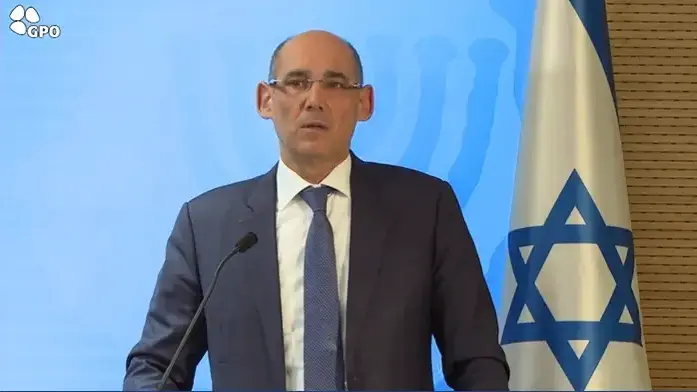Damascus-SANA
The Ministry of Economy and Foreign Trade confirmed that its decision No. 790 regarding continuing to allow the import of locally produced knitted fabrics for industrialists aims to support the recovery of the clothing industry, whether intended for consumption in the local market or those intended for export, and was never at the expense of the textile industry.
In a statement, which SANA received a copy of this evening, the ministry indicated that it has followed up on the criticism and controversy surrounding its decision, “and has sought, during the past days, to obtain the opinions of the widest possible segment of those concerned with the aforementioned decision or those interested in the decisions issued targeting the business sector, as it takes into account all logical opinions and accepts Criticisms as long as they are objective,” indicating at the same time that “the content of the decision was agreed upon in the Economic Committee and in the presence of the President of the Federation of Syrian Chambers of Industry.”
The ministry explained that its decision can be divided into three axes. The first relates to allowing the import of knitted fabrics that are not produced locally for all importers, whether this importer is an industrialist or a trader, noting that this matter was agreed upon by all concerned authorities, in light of the absence of a local product of it at all. .
As for the second axis, according to the ministry’s statement, it relates to the possibility of a local industry of the type that is not currently available and which is imported, pointing out in this regard that it will add the new types to the list of local products, which are subject to protection measures according to the quantities produced and the extent to which they meet the required needs.
According to the ministry, the third axis relates to the continuation of work on the decision to allow the import of knitted fabrics for industrialists, according to their allocations approved by the directorates of industry, for the types that are not produced locally or the types of which there is local production, but it is not sufficient, indicating that the decision was already in place and in force. It took place to continue working with it due to insufficient local production.
The ministry expressed its astonishment at what is being promoted that great damage will be caused to locally produced fabrics as a result of competition from imported fabrics, especially since what is happening on the ground is the opposite, as this sector has been greatly protected by allowing the import of many items needed for the production of fabrics such as yarn and threads. Banning the import of curtain and upholstery fabrics, raising the indicative price of knitted cotton fabrics to $6 per kilo instead of $3, which is higher than the international price, and restricting the import of fabrics made by industrialists.
The ministry added that the prices of imported fabrics are higher than the prices of locally produced fabrics, given the difference in costs. In addition to what was mentioned regarding raising the indicative price to 6 dollars, the importer is subject to customs duties and additions to them, in the range of 20 to 22 percent, and transportation costs globally have increased by a large percentage and have been reflected These costs are an increase in the prices of the imported material.
The ministry affirmed its keenness to recover all production chains in the textile industries sector, given that the damage to any chain will harm the others. As for the clothing chain, the damage will affect the livelihood of tens of thousands of workers in this sector at all levels, noting that all decisions issued by it are made after discussing all the details. With relevant authorities from the public and private sectors.
The ministry concluded its statement by emphasizing that it will continue to support the national industry and take measures and decisions aimed at protecting it, including the textile industry.














